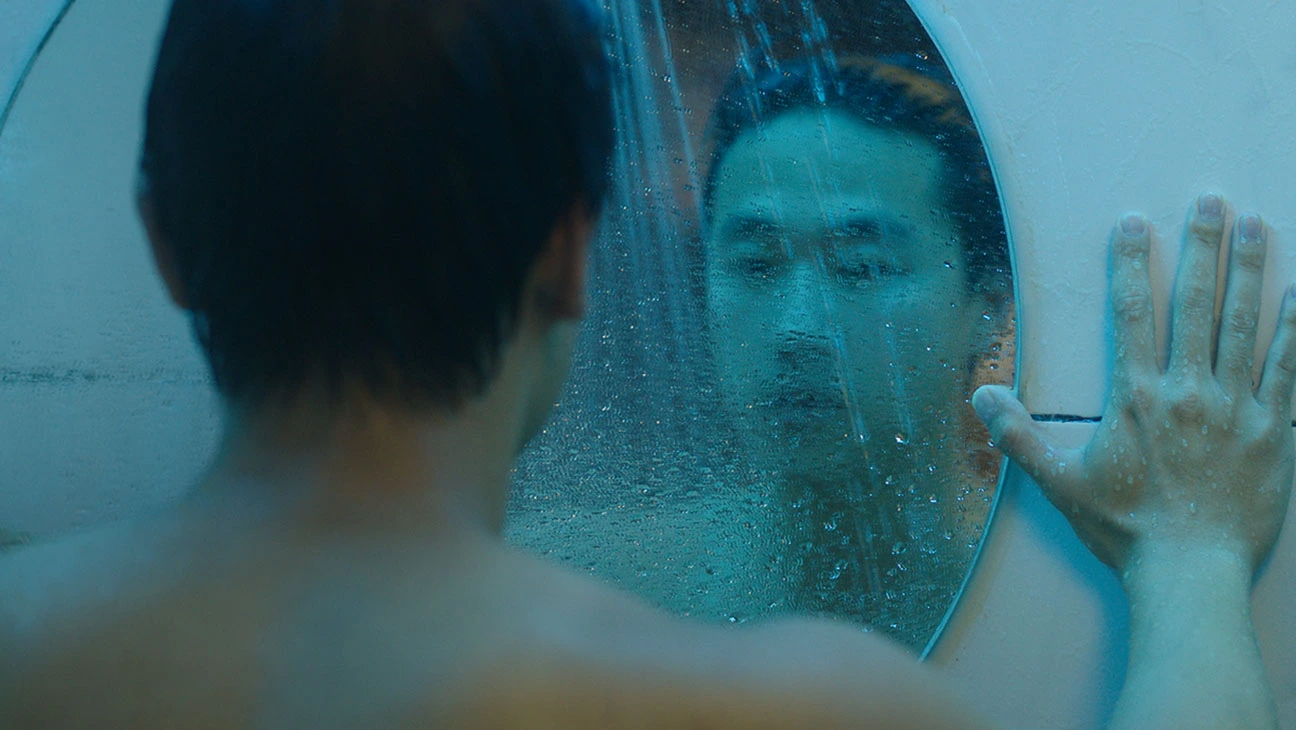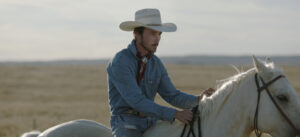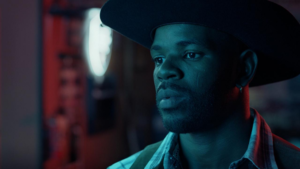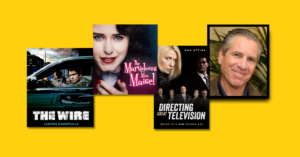On his short film, Dol (First Birthday) and advice to diverse storytellers about sharing their stories
Dol (First Birthday) – the story of a gay man who struggles to reconcile his shared life with another man, and his family’s Korean traditions – was an important film to him both professionally and personally. It was the first of his films that did really well on the festival circuit, which enabled him to meet so many people (other filmmakers, programmers, audiences). Not only was this an important film for him professionally, but also personally. It gave him confidence, and made him feel “…like I can do this. That I can tell really personal stories about my queer, Asian American identity and people are interested and want to watch.”
His advice to others who are trying to tell a personal story and may not feel it’s worth it: “The more of yourself you put into your story and the more insight that you find in your story, the more compelling it’s going to be… Through specificity, you find the universal.” He feels that “It’s about finding that soul in your film that makes it undeniable. If you make something with that depth, people will recognize it.”
On making the jump from short films to feature films
Aside from the big stuff – that you need more resources, people, money, etc. – it wasn’t until Spa Night, his first feature, that he learned he really had to lean into the team building and collaborative nature of filmmaking in an intense way. “With a short, you can muscle your way through, either by yourself or with a small crew…. A feature is so much bigger – harder to wrap your head around and it’s harder to see [how] the impact of small changes you make when editing…impact the larger film…. There’s a rhythm you have to discover…. Features are more biological – shorts, more cerebral.”
On how being a queer filmmaker shapes the decisions he makes
“I’m very proud of being queer and it informs every part of my life.” Even in a story or working with a character that isn’t necessarily queer, there’s still an element of the queer perspective that he brings to the table by emphasizing certain elements and his queer point of view. An example would be how he is drawn to characters and stories about outsiders and people who have been unfairly shunned or don’t belong to the dominant culture. It’s one of the reasons he’s drawn to the idea of a chosen family. He feels that it’s important for directors to holistically approach work and embrace who they are, as a person: “By denying some element of yourself, your work will feel off-kilter. Everyone’s films should feel like they have a soul and the only way you can do that, is to understand your own.”
On his outlook for diversity and diverse content in the industry
Since he started on the short film circuit in 2011, a period of about 12 years, he’s seen the industry change a lot. When he was trying to finance his first feature, Spa Night, he had an executive producer ask him to write a role for a white actor so they could get it financed. Fast forward to 2021 and he’s making Fire Island for Searchlight Pictures with top-billed actors that are all queer and Asian. “That feels like a lot of change, a lot of progress.” He also said that “it feels telling that all executives on Fire Island were diverse” and that the “diversity we need in the industry has to be from all sides – in front of the camera, behind, in the office…it’s a slow and steady march.” And while progress has been made, “there are still examples of where our industry is really failing queer people, people of color, women, disabled people – it’s frustrating.” It’s one of the reasons why he continues to not just make his own work, but help others make theirs and why he wanted to be an Advisor-in-Residence with Sundance Collab. “We create a cinema culture” and form a community with others that you can collaborate with; “it’s the foundation of your career” and helps impact continued change in the industry.
On what Pride means to him and how he will be celebrating this month
“Pride is about expression. Expressing joy, frustration, protesting, loving each other…it’s letting people know how we feel and who we are.” Andrew said that he’ll be spending this Pride connecting and reconnecting with people he hasn’t seen in awhile and, of course, watching a lot of queer films. He’s focused on a balanced Pride experience. “Part of expression is finding the time to re-energize and finding the energy to get out there again.”
His final thoughts for the Sundance Collab community
“Find your community – find people out there that are excited and supportive of your work. That’s the best way to keep yourself motivated. What you put into that community is what you can get out of it. Be that cheerleader for someone else, be that supporter for someone else. The generosity of spirit transforms work; it allows us to make films in a happier and healthier way. The film industry is a dark place sometimes – it’s about finding that generosity and giving that generosity that will allow us to change things for the better.”
The Sundance Collab Questionnaire
Q: What advice would you give your younger self?
A: Don’t feel the rush! Take your time. Enjoy the process.
Q: What inspires you creatively, spiritually or emotionally?
A: I find so much inspiration in the world, but I’m most inspired by my family and friends. They fuel my most unshakeable thoughts.
Q: What are you most excited about at this time in your life?
A: I’m thinking a lot about the idea of home. After a few years of being away for work, I’m back in Los Angeles trying to define and strengthen my feelings of home and place.
Q: If you could master one skill you don’t have right now, what would it be?
A: I wish I could draw! My stick figures only get me so far when I’m shot listing and storyboarding.
Q: If you could have made any existing movie, which one would it be and how would you make it your own?
A: Jurassic Park, but gayer and Korean.



